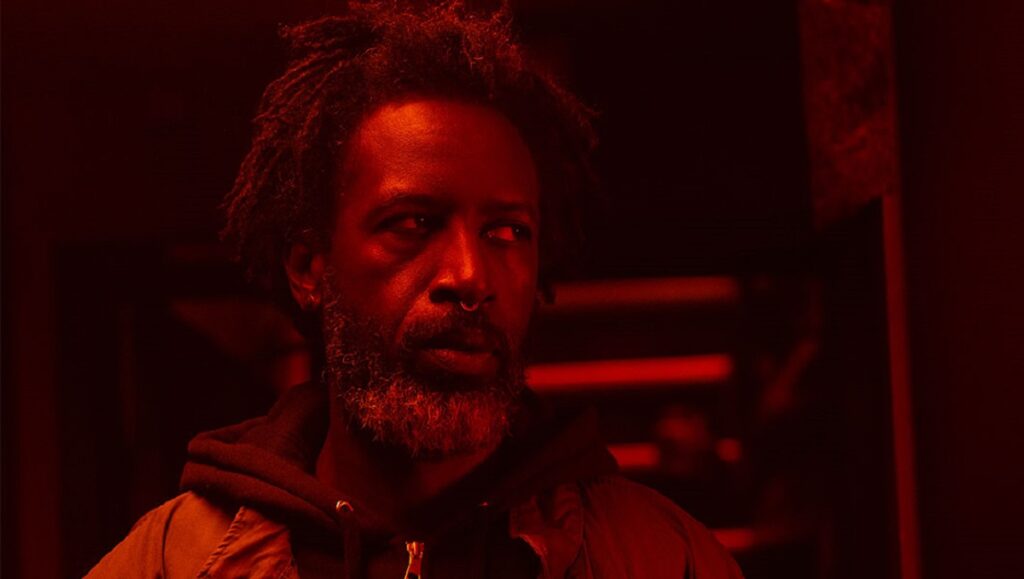Akilla’s Escape is an unfortunate mishmash of cliché and amateurism, never quite clear what it wants to say or be.
Akilla’s Escape begins with a long montage sequence of archival photos set to the pulsating vibes of Bob Marley & the Wailers’ “Punky Reggae Party.” It’s essentially a brief history of Jamaican politics in the second half of the 20th Century, with the rise of Michael Manley’s PNP (Peoples National Party) and its embrace of democratic socialist principles, as well as the violent struggle that sprung up around this populist movement. There’s archival footage of Castro (Manley normalized relations with Cuba), as well as a headline trumpeting “CIA & Seaga Destabilize Maley’s PNP,” referring to Manley’s chief rival, Edward Seaga, and his Jamaica Labor Party (JLP). Invoking America’s dark history of destabilizing burgeoning socialist nations, and assisting in coups and assassinations, is a lot of history to pack into the opening credits of a movie, particularly when it has virtually nothing to do with what follows. After a brief prologue set in New York City in 1995, in which we meet a 15-year-old Akilla (Thamela Mpumlwana) and discover that his father has died under mysterious circumstances, we skip forward to present-day Toronto. Akilla is now a middle-aged man, played by Saul Williams, who runs a greenhouse that grows weed. Marijuana is about to become legal, and Akilla wants out of the game, refusing to work for the federal government and large corporations that are moving in to take over these now legitimate operations. Akilla goes to meet with his bosses and interrupts a robbery in progress. He manages to knock one of the thieves out, while the others escape with their ill-gotten gains. When Akilla discovers that the incapacitated robber is just a young boy (he’s named Shepherd, and is also played by Thamela Mpumlwana), it triggers flashbacks to his own youth, with teenage Akilla struggling against his abusive, militant father, who happens to run a large gang that is involved in both drugs and, it is insinuated, political killings.
It’s all frightfully cliché, with amateurish acting and occasionally incompetent direction from Charles Officer. The film resembles nothing so much as an early 2000s direct-to-VHS thriller, with a patina of social consciousness slathered on top. Williams, a talented musician known for starring in the 1998 Sundance winner Slam, as well as his poetry and political writings, strikes an imposing figure on screen, but is entirely hampered by a mediocre script. The film stops cold when characters are forced to deliver dry exposition, and Officer blocks and frames conversations in standard shot-counter-shot, sucking all the energy out of these scenes. Officer fares better in the more laid-back flashback sequences, aided immeasurably by the ferociously talented Mpumlwana, who plays both young Akilla and Shepperd as coiled bundles of barely-contained rage. The film clearly wants to make a statement about cycles of violence, with Akilla desperate to save this boy and, by extension, himself, but the film is flat and generic in execution. Mashing together a gangster story and a coming of age story gives each short shrift; instead of commenting on and enhancing each other, it’s just two sets of clichés for the price of one.
Originally published as part of TIFF 2020 — Dispatch 1.


Comments are closed.